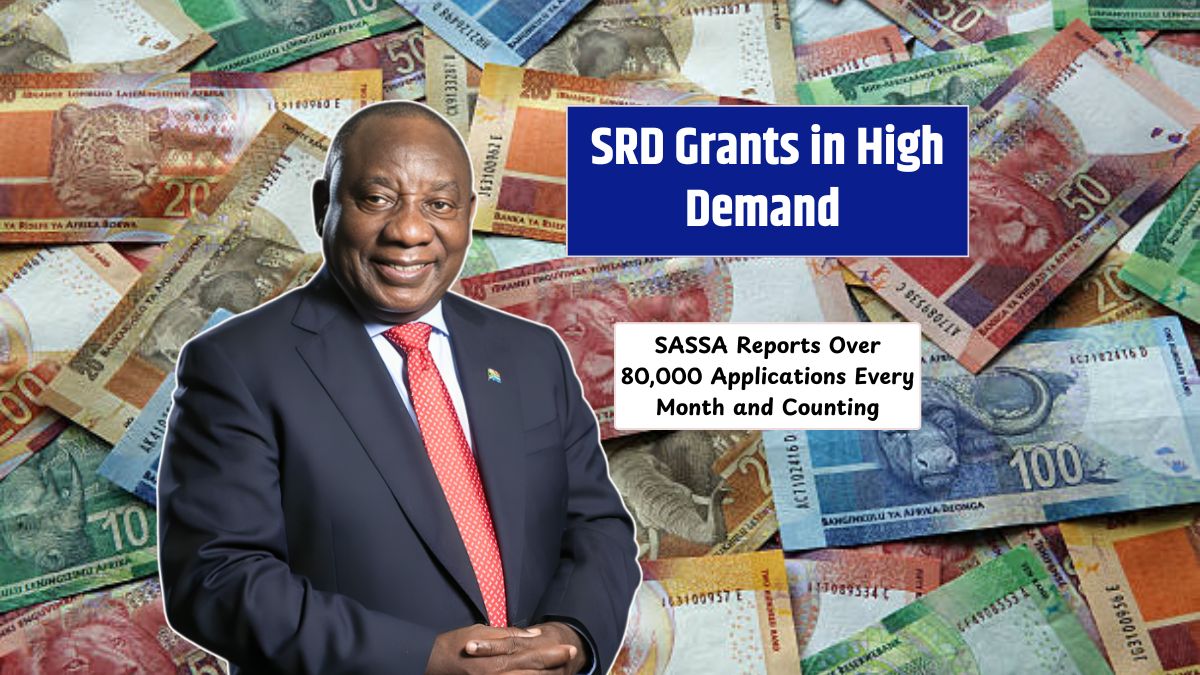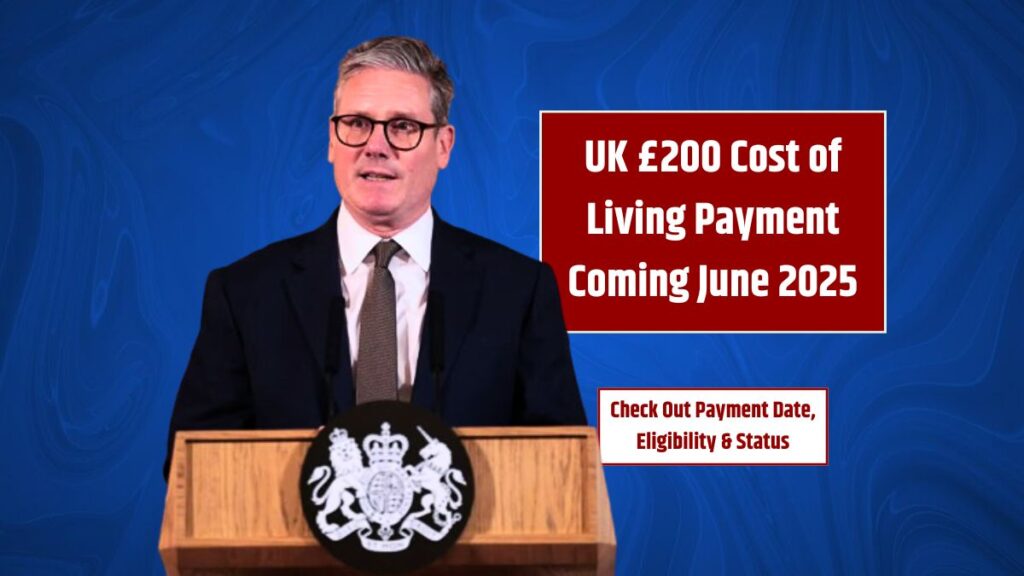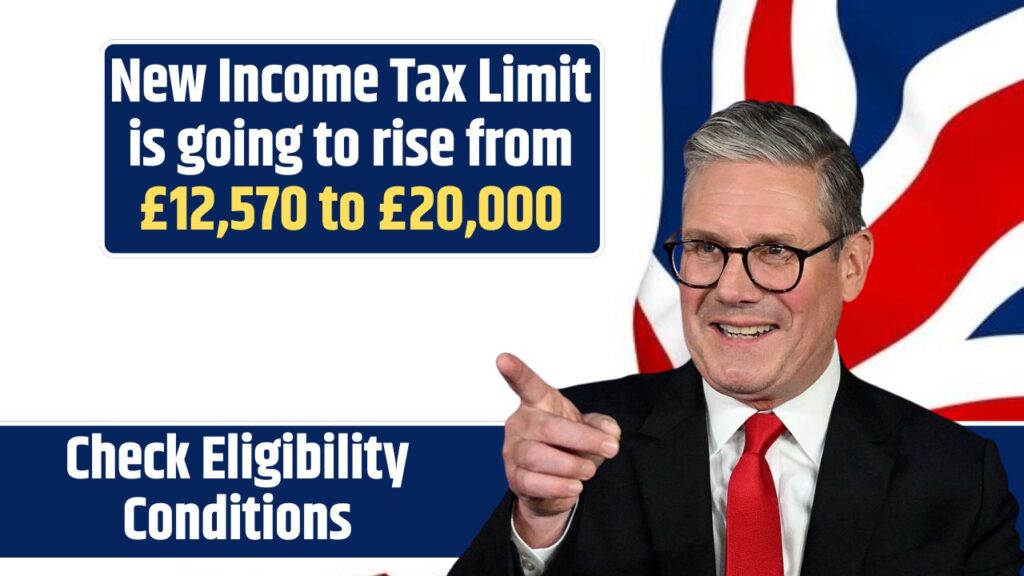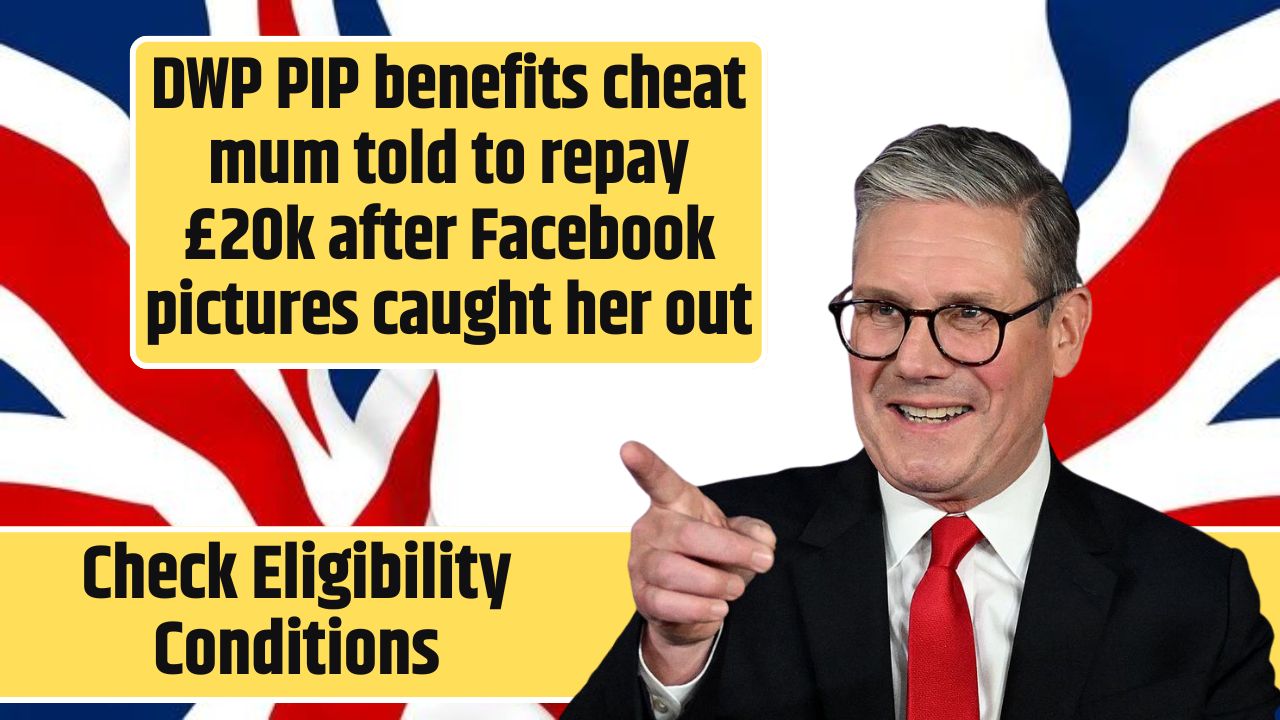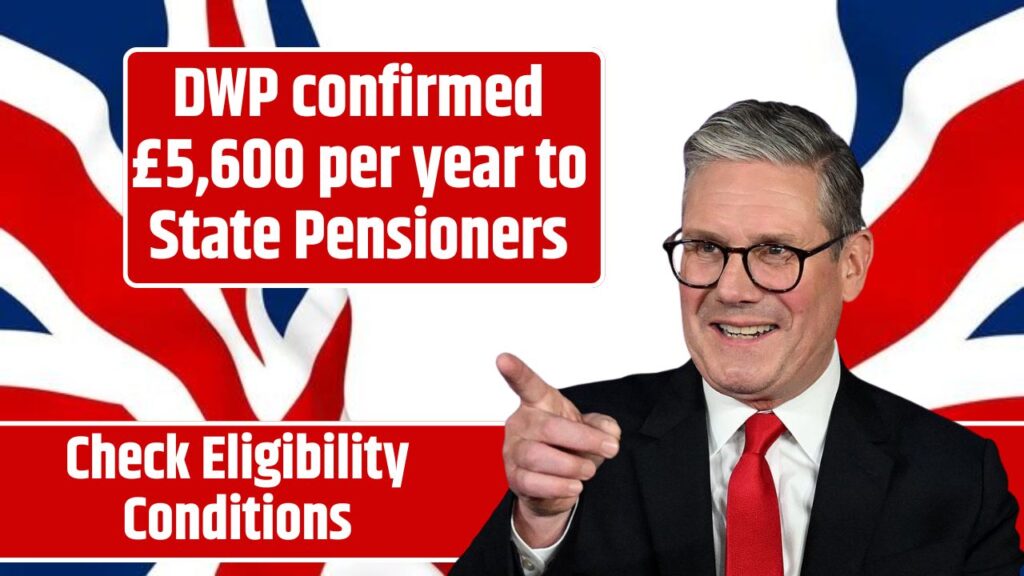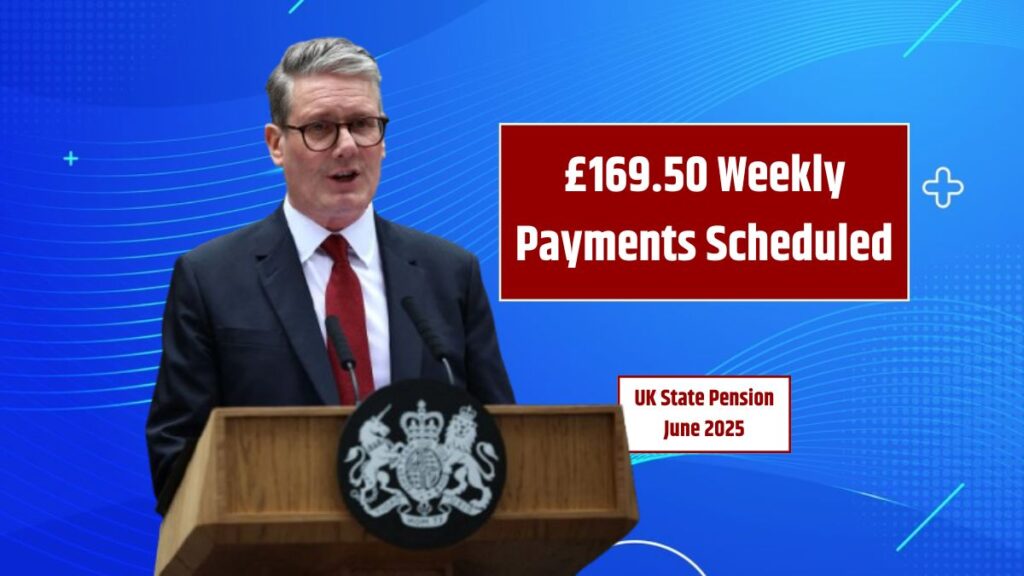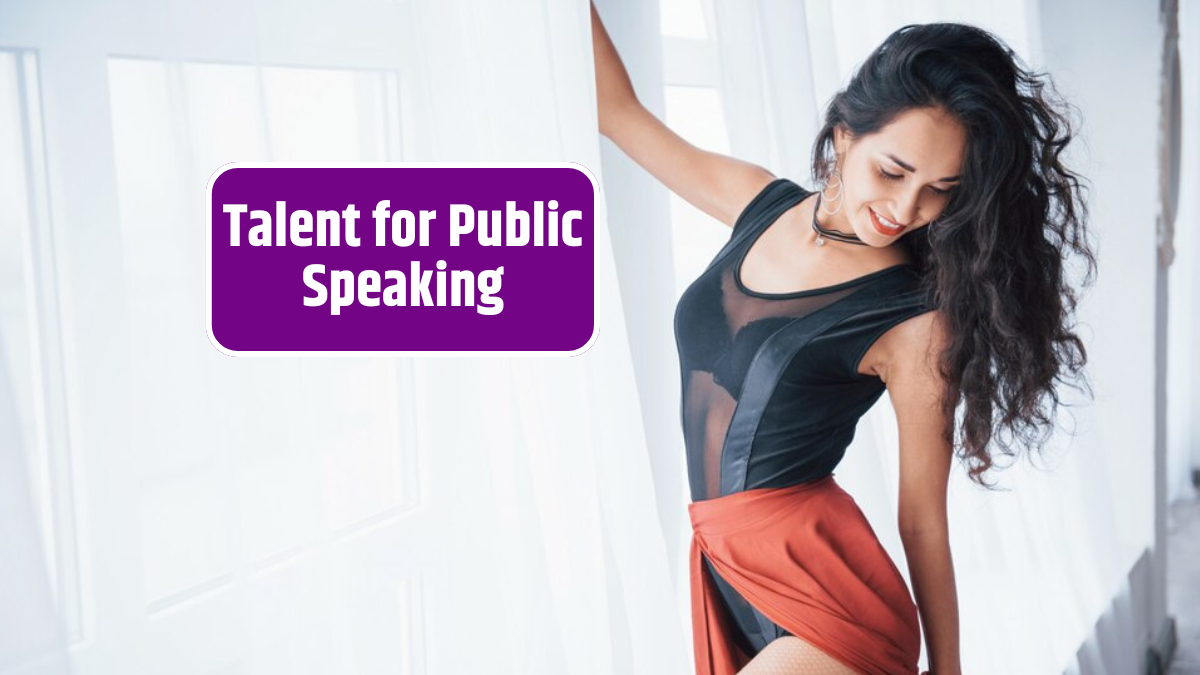The Social Relief of Distress (SRD) grant continues to be a vital financial lifeline for millions of South Africans, especially the unemployed and youth. With around 80,000 new applications every month, it’s clear the need is growing — but so are the challenges.
From low monthly payments to legal battles over eligibility and uncertainty beyond 2026, this article unpacks everything you need to know about the SRD grant, who qualifies, how to apply, and what the future might hold.
Demand
Since its launch in May 2020, the SRD grant has received a staggering 17.4 million applications, with about 9 million people currently getting paid every month.
That’s more than the population of Johannesburg and Cape Town combined! This massive demand points to the ongoing financial struggles faced by citizens — particularly young people and women — who often have limited job opportunities and no other social support.
Here’s a quick breakdown:
| Aspect | Details |
|---|---|
| Total Applications Since 2020 | 17.4 million |
| Current Grant Amount | R370/month |
| Current Beneficiaries | 9 million |
| Women Applicants | Over 50% |
| Under Age 35 | 62% of applicants |
| Extension Valid Until | March 31, 2026 |
| Top Provinces | KZN (4.4m), Gauteng (3.2m), EC (2m) |
| Legal Challenge | Income threshold ruled unconstitutional |
Purpose
The SRD grant began as a COVID-19 emergency response in 2020. It was supposed to be temporary — but with rising unemployment and poverty, it’s now a permanent fixture in millions of lives.
The R370 per month helps cover the bare minimum, but many say it’s not enough — especially when the food poverty line sits at R760.
Eligibility
To qualify for the SRD grant, you need to meet the following conditions:
- Be 18 to 59 years old
- Be a South African citizen, permanent resident, refugee, or asylum seeker
- Live in South Africa
- Be unemployed and earn less than R624/month
- Not receive NSFAS, UIF, or other social grants (except child support)
- Not live in a government-funded institution
Even a small deposit in your bank account can disqualify you, so the criteria are tight.
Demographics
Unsurprisingly, the biggest demand comes from KwaZulu-Natal, Gauteng, and Eastern Cape, areas with high poverty levels. And it’s not just the unemployed — it’s the youth and women who dominate applications.
With youth unemployment over 60%, many young people have no choice but to rely on this modest grant for survival.
Legal
In January 2025, the Gauteng High Court ruled that the R624 income threshold is unconstitutional, suggesting it unfairly excludes needy applicants. But in February, the government appealed the ruling, meaning stricter rules still apply for now. If the appeal fails, more people may qualify, potentially straining the system further.
Also, the grant is only guaranteed until March 2026. After that? No one knows.
Steps
Ready to apply? Here’s how:
Gather These:
- ID number or asylum/refugee permit
- Mobile number
- Bank details
- Proof of unemployment
Apply Your Way:
- Online: Visit srd.sassa.gov.za
- WhatsApp: Send “SRD” to 082 046 8553
- USSD: Dial 1347737# and follow the prompts
Wait for SASSA to verify
If approved, payments go to your bank account, or can be collected at retailers like Pick n Pay, Boxer, or Checkers.
Tip:
Keep your contact info updated! Wrong phone or banking details = delayed payments.
Problems
Let’s not sugarcoat it. The SRD grant has flaws:
Too Low
R370 barely buys groceries. Advocacy groups are calling for an increase to at least R413 to match inflation.
Rejected Applications
Thousands are denied due to small errors, like mismatched ID numbers or “over the income threshold” issues — even if that “income” was a once-off deposit.
Late Payments
It’s not uncommon for beneficiaries to go weeks without payment, leading to food insecurity and anxiety.
Comparison
How does South Africa stack up globally?
| Country | Grant Type | Amount |
|---|---|---|
| USA | Unemployment Benefits | $300–$600 per week |
| Brazil | Bolsa Família | Up to R1,500 per family |
| India | Regional Cash Transfers | Varies, limited nationally |
| South Africa | SRD Grant | R370 per month |
Yep, South Africa’s grant is one of the lowest, especially when you factor in inflation and food prices.
Future
So, what happens after March 2026?
- Extension: The SRD could become a permanent basic income, possibly renamed.
- Increase: Public pressure may push the value closer to R500–R600.
- Cancellation: If funding dries up, the grant might end — a nightmare for 9 million people.
Only time (and politics) will tell.
FAQs
How much is the SRD grant?
It is currently R370 per month.
Who qualifies for the SRD grant?
Unemployed citizens earning below R624/month.
When will the SRD grant end?
It’s extended until March 31, 2026.
How do I apply for SRD?
Apply online, via WhatsApp or USSD code.
Why are some SRD applications rejected?
Mostly due to income or personal info mismatches.

